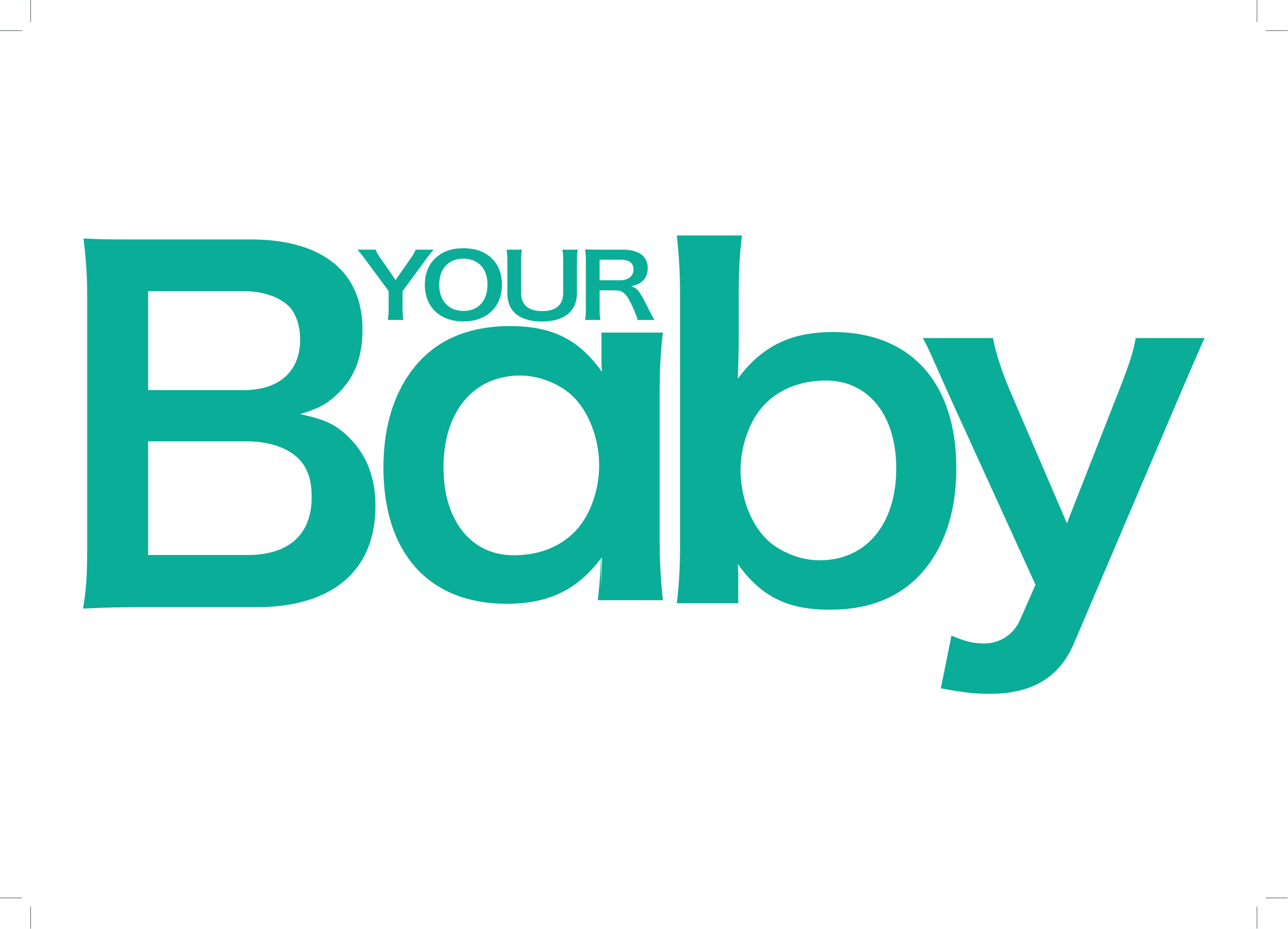
We all know what it’s like when you start a new job. Everything and everyone is strange, you feel out of place and you think you’ll never remember everything you were told on your first day!
Motherhood is no different. What makes it harder is that there’s very little support for a woman once she has left the safety net of the hospital. What now? Who’s there to help? Added to the ethos of playing “superwoman” is her own practical inexperience when it comes to baby care.
It’s not surprising then that the “wonderful world” of motherhood can quickly pop and become a blur of misery – it’s called postnatal depression (PND).
What postnatal depression is not
JUST FEELING “A BIT DOWN” Any type of depression affects your everyday life
A SIGN OF WEAKNESS Any traumatic or life-changing experience can, for some people, cause an imbalance of chemicals in the brain.
In her book Pregnancy and Parenthood – Heaven Or Hell Professor Bev Chalmers prefers to call PND
maternal depression and explains that this type of depression begins some time (usually about six weeks – or any time during the first year) after giving birth.
A PUNISHMENT Some women feel that they are being punished for something they may have done in their past – a previous miscarriage (or abortion) – or because they feel no owing love for this baby, or because they had a Caesarean or an unpleasant birthing experience.
SOMETHING TO FEEL GUILTY ABOUT A woman may feel guilty because she is a single parent with no means of supporting her baby. Sometimes goals to be the perfect mother are set too high. It doesn’t help when people say: “Stop feeling sorry for yourself!”
Types of postnatal depression
Most women have the third day blues. Think of it as stress brought on by the responsibility of early parenthood, sleepless nights, endless days of nappy changing, feeding and soothing a crying baby. Many new mothers feel helpless when the crying never stops. The blues usually begin a few days after birth and resolve within the first six weeks.
POSTNATAL DEPRESSION (PND) begins later, lasts longer (months, sometimes years – if unresolved, even a lifetime) and needs intervention such as counselling, a support group, a psychologist and sometimes medication for a short while.
PND is not only hormonal – “If it was, then all women would get it,” writes Bev. Even adoptive mothers can have PND! Major causes include a history of depression and a lack of social and family support. For most, however, PND resolves within a year or so and does not necessarily recur when another baby is born.
POSTNATAL PSYCHOSIS is serious and needs urgent attention. This type of depression becomes obvious by the woman’s severe emotional distress, usually neglecting herself and her baby. She
may even hallucinate – thinking she has fed her baby when she has not. She may even harm her baby. Hospitalisation, medical and psychological counselling is essential.




 Publications
Publications
 Partners
Partners










